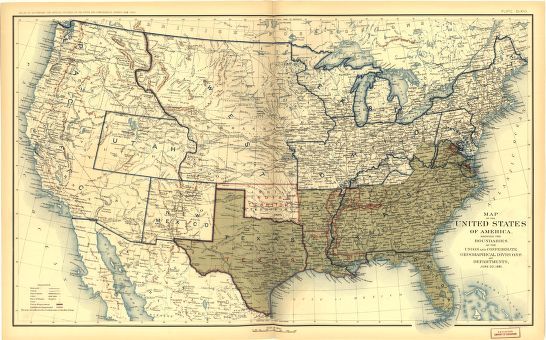 The North Carolina Baptist State Convention, assembled in the fall of 1861, requested that “Baptist churches within its bounds to observe as a day of fasting and prayer the Sunday preceding its next meeting.”
The North Carolina Baptist State Convention, assembled in the fall of 1861, requested that “Baptist churches within its bounds to observe as a day of fasting and prayer the Sunday preceding its next meeting.”
That “next meeting” will take place in Wake Forest on the 29th of this month, with the “day of fasting and prayer” scheduled for Sunday the 26th. This week, a North Carolina pastor–Bro. Petty–reminds North Carolina Baptists of the importance of observing “such a day”:
I really think we have great need to keep such a day, and many more such, for more reasons than one. We need help from God out of Zion to restore what the locusts have eaten. We need help in view of our condition as a nation, and as a denomination of christians. Urge then, my brother, upon the denomination at large, the great importance of coming up to the help of the Lord against the mighty in prayer and supplication before Him, and I think the effect upon us all will be for good.
Many, but not all, Baptist churches in North Carolina and the Confederacy at large acquiesce to denominational calls and/or government calls to set aside days for fasting and prayer on behalf of the South. Urban churches tend to be more compliant, rural churches less so according to a study of Baptist congregations in Georgia during the war. And few, if any, enslaved Baptists in the Confederacy offer prayers for their continued enslavement.
Religion and Baptistness, accordingly, is and remains a complex dynamic in the life of the Confederacy, evidencing fracturing over socio-economics and race, among other issues.
Sources: “Day of Fasting and Prayer,” Biblical Recorder, October 15, 1862 (link); Bruce T. Gourley, Diverging Loyalties: Baptists in Middle Georgia During the Civil War, Macon, Ga.: Mercer University Press, 2011 (link)


